'Black Eye Friday demoralising for health staff'
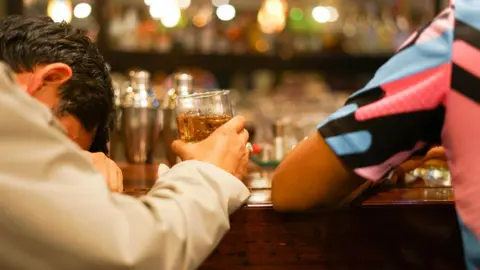 Getty Images
Getty ImagesAn emergency department consultant has described the impact of so-called Black Eye Friday on his ward as "demoralising".
The last Friday before Christmas is traditionally busy with people going out to begin their celebrations, but it is also known to come with a lot of alcohol-related incidents.
Staff at North Tees and Hartlepool NHS Foundation Trust, who are already dealing with a higher rate of flu cases, have urged people to be responsible.
Mr Kay Adeboye said winter months were "generally very difficult" with busy wards, so having an addition of patients, "particularly ones that are avoidable", was not good.
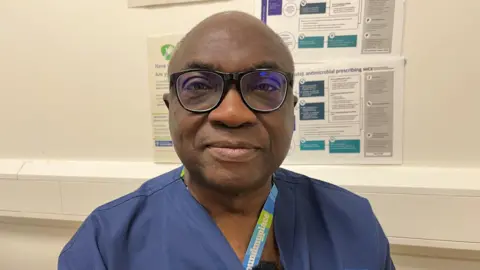
He described the pressure at this time of year as "demoralising for everybody".
"We're not killjoys, we know it's Christmas, we will not say 'don't do that', but whatever you're going to do, do it responsibly," he said.
"Getting ambulances out on to the road to pick up people simply because they're intoxicated is an improper use of resources which could be directed to emergencies."
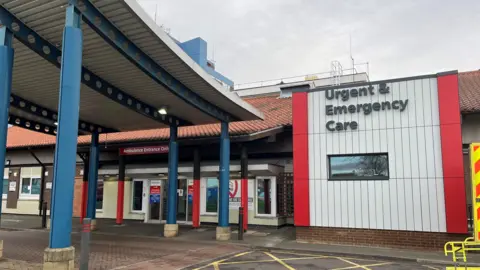
Mr Adeboye said the hospital did not want to get to the point it was "so blocked that we're looking after people on corridors".
He added: "At the end of the day, you get home and you're exhausted, and you wonder have I actually made a difference or have I just run around all day, so it's quite challenging and difficult."
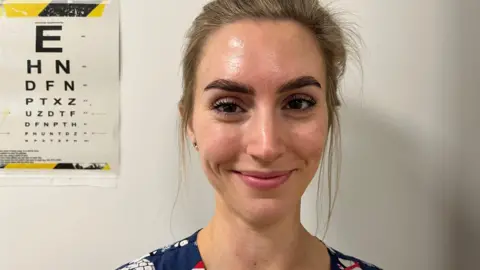
Matron Laura Pennicott said the extra pressure from people drinking and "going too far" was a concern.
"We do have violence and aggression in department, and obviously sometimes with alcohol and people going out drinking to excess that can be heightened so we know that shifts can be bad," she said.
She said the repercussions of "Black Eye Friday" could be felt for days after, with people attending for injuries and illnesses they may not have been aware of due to being drunk.
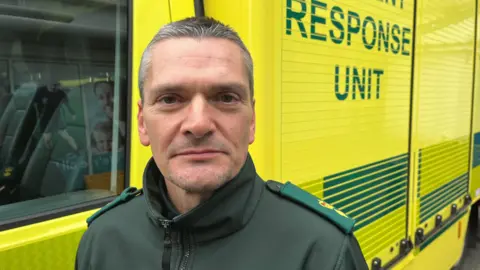
The North East Ambulance Service (NEAS) said it planned for winter months in June.
Stuart Holliday, head of emergency preparedness, said as well as people collapsing due to too much alcohol or getting involved in fights, others could run into traffic or even fall into rivers.
"It's always a conscious thought that if we're responding to someone that has just overindulged that actually there may be somebody waiting who's having a heart attack or a stroke."
He said crews often had to delay meal breaks, finish late and work in excess of their normal days.
"They're trying to deal with often quite difficult circumstances, quite emotionally difficult circumstances, and on top of that sometimes face aggression, when all they're trying to do is help."
If you've been affected by the issues in this story, help and support is available via the BBC Action Line
Follow BBC Tees on X, Facebook, Nextdoor and Instagram, external. Send your story ideas to [email protected].
